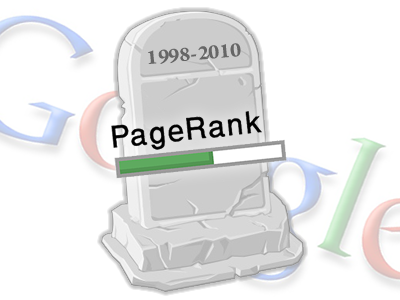In Havana, Cuba’s government has said that the decision by the US government to ease sanctions on Cuba and two other countries to allow exports of Internet services is intended to destabilize the communist island.
On March 8 2010 the US State Department announced that it would ease sanctions against Cuba, Iran and Sudan to increase citizens’ access to online communication tools and open people up to free speech and information to the greatest extent possible. But Cuban President Raul Castro’s government said the objective of the decision was to use these services as tools of subversion and destabilization, according to statement from the Cuban Foreign Ministry.
The statement added; “This shows once again that the US government is not interested in softening its policy nor in developing normal relations with Cuba, but only in developing a network that facilitates its subversive actions in our nation.”
The US Treasury Department modified sanctions against Iran, Cuba and Sudan to allow exports by US companies of services related to Web browsing, blogging, email, instant messaging, chat, social networking and photo/movie sharing like Flickr and YouTube.
Cuban authorities exercise strict control over the Internet, blocking communication sites like Skype and blogs that are critical of the government.
Few Cubans have access to the Internet, which cannot be installed in private residences without express permission from authorities.
Where access is available in places like hotels, the cost often eight dollars an hour in a country where a monthly salary runs around 20 dollars, is prohibitively high.
 On October 14, 2009, Google employee Susan Moskwa confirmed that the company had removed PageRank from its Webmaster Tools section. Her post said in part, “We’ve been telling people for a long time that they shouldn’t focus on PageRank so much; many site owners seem to think it’s the most important metric for them to track, which is simply not true.”
On October 14, 2009, Google employee Susan Moskwa confirmed that the company had removed PageRank from its Webmaster Tools section. Her post said in part, “We’ve been telling people for a long time that they shouldn’t focus on PageRank so much; many site owners seem to think it’s the most important metric for them to track, which is simply not true.”